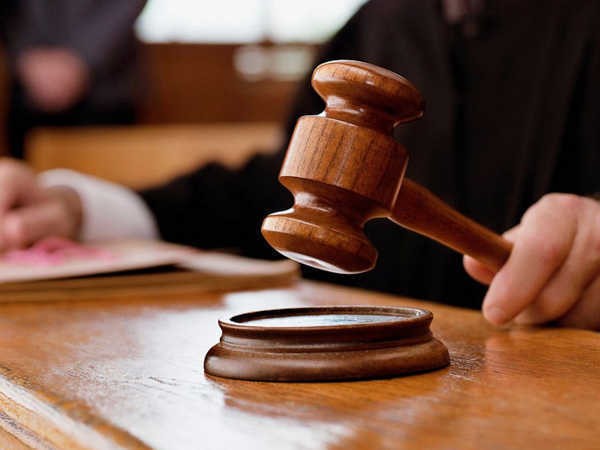Supreme Court Denies Bail To The Accused Of Bengaluru Riots
Supreme Court denies bail to the accused of the Bengaluru riots.
The Supreme Court on Monday refused to entertain the bail applications of a retired engineer, members of the Social Democratic Party of India, and Popular Front of India, among others.
They are accused of involvement in the 2020 Bengaluru riots. The top court said that we do not want such a society.
Supreme Court denies bail to the accused: Senior advocate Siddharth Luthra, appearing for 68-year-old retired engineer Mohammad Kalim Ahmed.
He told a bench of Justices Dinesh Maheshwari and Vikram Nath that his client’s name was not there in the original FIR.
He was made accused after the National Investigation Agency (NIA) took over the responsibility of the investigation.
Luthra said he is already in custody for 14 months and there were 154 witnesses in the case. The bench said that it has gone through the details of the case.
The High Court has passed a detailed order. It said that there were allegations under UAPA among other provisions.
Courts should be vigilant in the investigation of PILs: Supreme Court.
The Supreme Court on Monday said courts should be careful while examining the genuineness of PILs to ensure that frivolous or personal interests are not being served in the form of genuine claims.
Simultaneously, the apex court set aside the Bombay High Court’s decision on a PIL related to a six-decade-old property dispute between the government and a private party.
The top court was commenting on the Bombay High Court’s 2010 judgment in which the High Court had restored the ex-parte order of the Maharashtra Revenue Minister dated March 17, 1998.
The Revenue Minister had ordered that the alleged private property belonged to the government.
In this order, he overturned the 1995 order of the ministry which had said that the Gonsalves family owned more than five acres of land on the basis of the 1894 deed of exchange.
A bench headed by Chief Justice NV Ramana said the PILs have had a beneficial effect on the Indian judicial system and the condition of citizens, in general, has improved.
Despite this, thousands of unnecessary petitions have been filed which have increased the burden on the courts.




